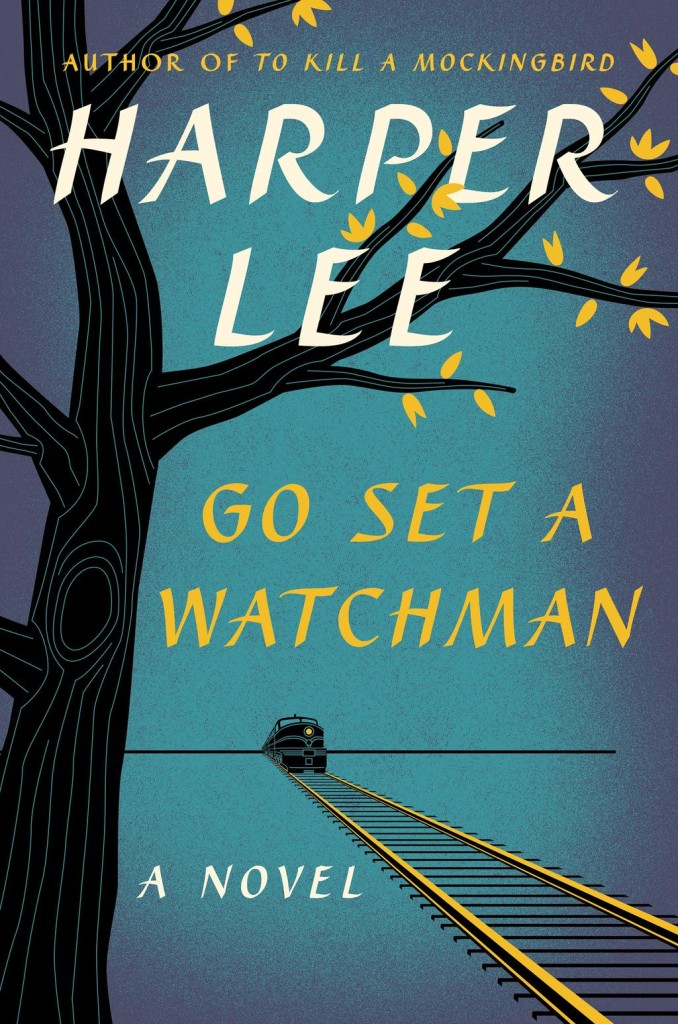Harper Lee’s classic novel, To Kill a Mockingbird, as well as the film based on it that stars Gregory Peck, is an American Classic in which a laywer named Atticus Finch takes on the case of a wrongfully-accused black man named Tom Robinson in a rape trial at a time when racism hadn’t been put into such sharp focus before. Atticus Finch has always been a shining example of fairness and “putting yourself in someone else’s shoes.” But in Lee’s sequel, Go Set a Watchman, which takes place when Atticus’ daughter Scout is an adult, it seems that the Atticus we’ve come to know has changed.
In an advance review of the book for The New York Times, Michiko Kakutani reveals that Atticus has become a racist in his old age, writing:
Shockingly, in Ms. Lee’s long-awaited novel “Go Set a Watchman” (due out Tuesday), Atticus is a racist who once attended a Klan meeting, who says things like “the Negroes down here are still in their childhood as a people.” Or asks his daughter: “Do you want Negroes by the carload in our schools and churches and theaters? Do you want them in our world?”
In “Mockingbird,” a book once described by Oprah Winfrey as “our national novel,” Atticus praised American courts as “the great levelers,” dedicated to the proposition that “all men are created equal.” In “Watchman,” set in the 1950s in the era of the Brown v. Board of Education decision, he denounces the Supreme Court, says he wants his home state “to be left alone to keep house without advice from the NAACP” and describes N.A.A.C.P.-paid lawyers as “standing around like buzzards.”
Say it ain’t so, Atticus! In Watchman, Scout returns home as an adult after several years, and is shocked by how her father has changed. Says Kakutani:
Scout is shocked to find, during her trip home, that her beloved father — who taught her everything she knows about fairness and compassion — has been affiliating with raving anti-integration, anti-black crazies, and the reader shares her horror and confusion. How could the saintly Atticus — described in early sections of the book in much the same terms as he is in Mockingbird — suddenly emerge as a bigot?
Now, there’s likely a reason for this. The book may be focused on the fact that many of us become more conservative and narrow in our thinking as we get older. It may be that this is a second “coming-of-age” for Scout where, at 26, she realizes that the parents we put on pedestals are rarely as perfect – or remain as perfect – as our childhood memories suggest.
I’ve been excited about this book for a while, and so I’ll likely read it and make up my mind then, but I am a bit disappointed to see that a character that has long stood for equality and fairness has changed so drastically. Still, Kakutani’s review suggests that Go Set a Watchman is still worthwhile reading, despite Atticus Finch’s new dark side.
Does this change your feelings about Go Set a Watchman? Who will be reading it when it comes out next week?
(via Jezebel)
—Please make note of The Mary Sue’s general comment policy.—
Do you follow The Mary Sue on Twitter, Facebook, Tumblr, Pinterest, & Google +?









Published: Jul 10, 2015 07:47 pm